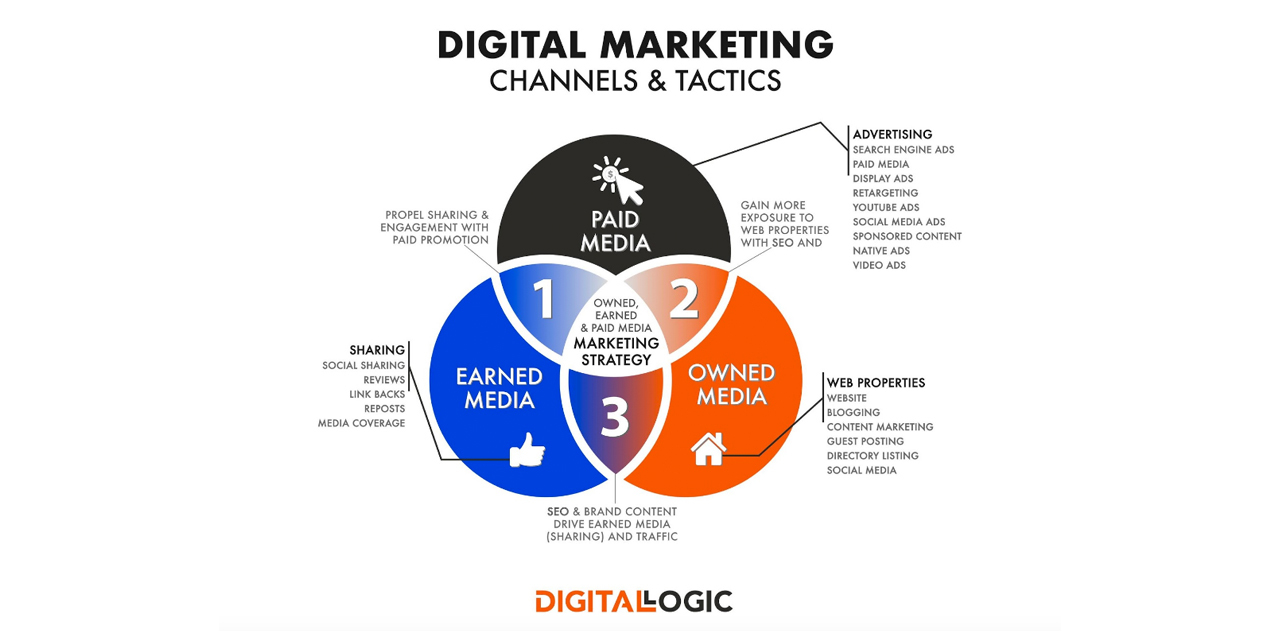SHREVEPORT – With the growth of internet usage via social media and search engines, it is vital for law firms to recognize important marketing trends, in order to reach the broadest audience and convert the most clients.
Seth Winterer, the founder of Digital Logic, a law firm internet marketing and consulting firm, is lending us a helping hand. He’s laid out the critical online marketing trends that every law firm needs to recognize, in order to thrive in a constantly shifting market.
Winterer notes, first and foremost, that digital marketing is key to grabbing new legal cases. Traditional forms of advertising, such as billboards and newspaper ads, are not as viable, because they don’t provide convenience and quick access, or transparency of performance, he says.
According to Winterer, referrals are the best source of new clients for B2B law firms, but for B2C firms, the smart money goes to online marketing, because it helps create a more predictable revenue stream that can easily be measured.
“The average adult in the U.S. now spends 5.9 hours a day consuming digital media,” Winterer writes. “Your clients are not going to the Yellow Pages and looking for advertisements. They’re pulling out their cell phones and searching Google.”

“Law firms need to be competitive by creating a fast and easy-to-use website that is search engine optimized and will show up at the top of Internet searches.” Winterer states.
Second, firms should also be on multiple online platforms, such as search engines, social media, and email, which Winterer asserts, are very successful methods of client acquisition.
“Competitive firms are now testing and discovering which forms of digital marketing are going to bring in the most clients,” Winterer states in the post. “We place law-firm digital marketing into three categories: owned media, paid media, and earned media."
Each category offers different avenues and should be utilized in their respective areas.
Once the digital strategy is formulated, Winterer insists on checking to see that everyone in a law firm is on board. Learning to navigate websites and technology is essential to firm growth and going digital helps firms be competitive, he says for his third point.
“In today’s market, and with such an overabundance of new lawyers, it’s vital that you and your entire team commit to going digital,” Winterer says. “As we’ve pointed out, this can be scary to some. But once they begin to see results, and their paychecks get bigger and bigger, it will make more sense.”
“Once everyone is on board, it’s time to go mobile.” More specifically, Winterer says, in his fourth point, that law firms need to adapt their marketing for mobile devices, such as tablets and smartphones.
“Your customer is likely going to be searching for and communicating with you on a mobile device,” he writes. “More Google searches take place on mobile devices than [on] computers in 10 countries, including the U.S. and Japan.”
Winterer suggests having a “responsive website” with an easy-to-use interface and readable font. A responsive website means that your site will have a similar look and feel regardless of the screen people are using to navigate the site. Based on the device someone is looking at your site on, the site will adapt to fit the screen across a desktop/laptop, tablet, or mobile device.
His next and fifth suggestion is to focus on quality content over quantity.
“If you post content to your website, make sure that the content is going to be informative and add value to a visitor’s experience,” Winterer writes. “If it’s not, it doesn’t need to be there. One good thing to remember is that every interaction a client has with your digital marketing is like an interaction the client has with you.”
“When writing blog content, think about the top 10 questions people are asking when they first meet with you. It’s important to help answer people’s questions ahead of time because those are the types of questions people who turn to Google, before they decide to look for a law firm.”
Relating to quality over quantity is Winterer’s sixth suggestion: “Advertise where your clients are and to those clients you want. Law firms should not plaster their content everywhere; it should be focused.”, he states.
“It’s common to not know where to start,” Winterer says. “It’s forgivable to think that to be successful in the digital marketplace, you need to have a presence everywhere. Think again! It depends on the type of practice you have, customer demographics, and style of marketing. The sites and platforms that you use are going to change based on these factors.”
Finally, Winterer’s last suggestion is to vary marketing content. Do more than just blog post: Create videos and original graphics that are simple and to the point, and consider podcasts.
“In today’s era, it’s hard enough to get someone to sit down and focus on one thing at a time,” Winterer writes. “Asking someone to try and read through a ton of blog posts and advertisements is going to be tricky. Four times as many customers would rather watch a video about a product than reading about it.”
For an in-depth look at Winterer's legal marketing ideas, take a look at the following in-depth articles:
